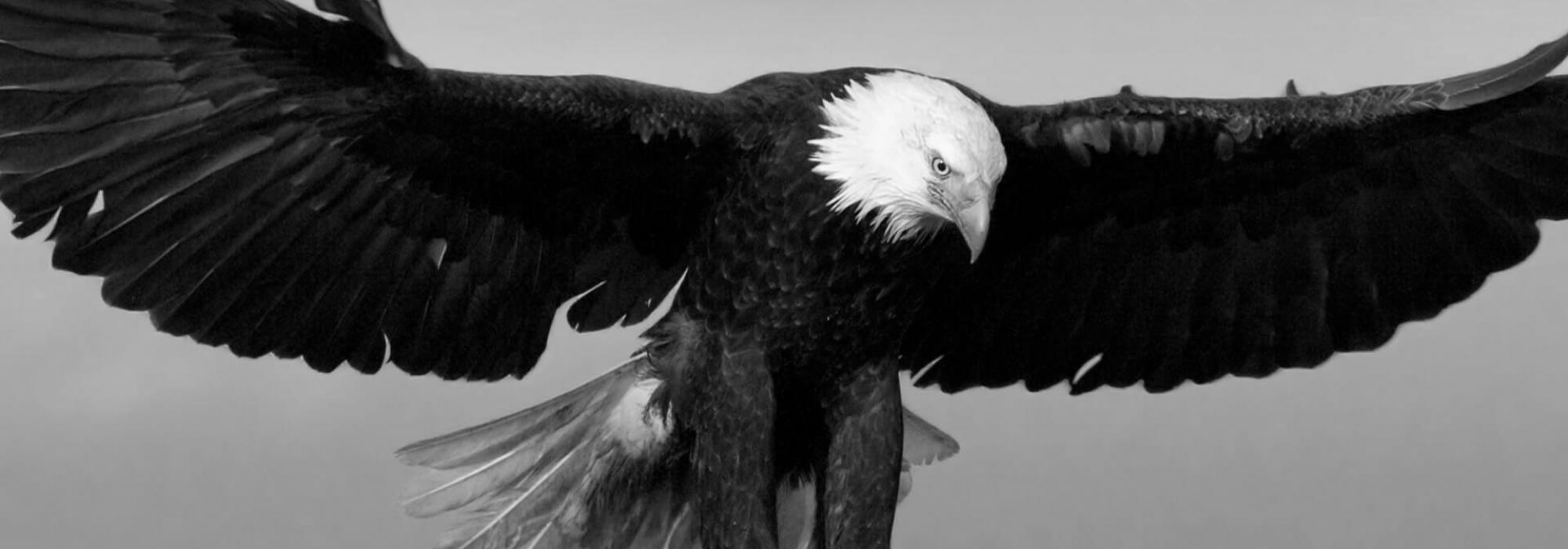There are many anecdotes associated with the life and works of Veṅkaṭanātha, a poet and tārkika (logician), popularly known as Vedānta-deśika. Some of them, though fabricated, are good entertainers. Among these is the debate between Vedānta-deśika and Ḍiṇḍima-bhaṭṭa, which is in the form of verses displaying their intellectual valour. Historically speaking, however, the two were not contemporaries at all. Vedānta-deśika lived between 1269 and 1369 CE and Ḍiṇḍima-bhaṭṭa lived during the times of Prauḍha-devarāya, who ruled from 1424 to 1446. Granted that only those who are fanatic about religion—and are arrogant as well—tend to come up with such fictitious episodes, but the poetic beauty of the verses in question is what makes the episodes interesting.
In the current episode, Ḍiṇḍima-bhaṭṭa, bristling with pride over his a great work called Abhinavarāmābhyudaya comes to Śrīraṅgam to taunt Vedānta-deśika. He picks up a fight with Deśika, with the intention of defeating and humiliating him.
Ḍiṇḍima-bhaṭṭa
छित्वा सर्वाण्यरण्यान्यतिविषमलतागुल्मदुर्गाणि सद्यः
प्राप्तं मां पक्कणान्तं बत भषकततिर्भुक्कणैर्धिक्करोति ।
लज्जन्ते हन्तुमेनां मदकरटिघटाकुम्भपीठीविपाट-
क्रीडाधौरेयधारा मम खलु नखराः किं करोमि क्व यामि ।१।
“I have come raging through a dense forest,
destroying the trees and creepers that have come in my way,
and the dog guarding the house of an outcast barks at me!
If these finger-nails that have torn through
the heads of intoxicated elephants with ease
are shy to kill a dog, what shall I do, where shall I go!”
प्राज्ञानामेव राज्ञां सदसि न सहते जल्पमल्पेतरेषां
क्षुद्रेष्वाक्षेपमुद्रां न खलु गणयते डिण्डिमः सार्वभौमः ।
भाङ्कुर्वद्भेककुक्षिंभरिषु भयभरोद्भ्रान्तभोगीन्द्रसुभ्रू-
भ्रूणभ्रंशी किमम्भःफणिषु पतगराट् संभ्रमी बंभ्रमीति ।२।
“I, Ḍiṇḍima, who cannot tolerate even
what great scholars blabber in the courts of kings –
will I pay any heed to the criticisms levelled by the lay?
Does Garuḍa, who has destroyed the foetuses of great snakes, take pride in killing a water-snake that has feasted on frogs?”
Vedānta-deśika, who was a calm and peaceful person by nature, gave Ḍiṇḍima fitting replies.
Vedānta-deśika
स्पर्धन्तां सहजं नु कुञ्जरतया दिक्कुञ्जरैः कुञ्जरा
ग्राम्या वा वनवासिनो मदजलप्रस्विन्नगण्डस्थलाः ।
हा कालस्य विपर्ययं शृणु सखे प्राचीनपल्लीमल-
स्वादस्निग्धकपोलभित्तिरधमः कोलोऽपि संस्पर्धते ।३।
“May the intoxicated wild beasts that live in forests
and the tamed ones that live in cities
call themselves ‘elephants’ and
compete with the diggajas
But, alas! The parody of Time!
Even the dirty pigs that have
relished their lethargic but luxurious dip
in the waters of the village sewers
want to compete with the diggajas!”
बाह्यैर्वर्णाडम्बरैर्मा भ्रमन्तु
च्छित्वा गर्भाभ्यन्तरं शोधयन्तु ।
निर्णेतारो नीरसत्वेन को वा
डिण्डीराणां डिण्डिमानां च भेदः ।४।
“May the critics not get carried away
by external attributes,
but examine the real essence
What is it that lacks essence –
a water bubble or a drum?”
Thus started the debate with caustic words. Finally, it was Vedānta-deśika who won. Ḍiṇḍima, who now understood his mistake, praised and eulogized Deśika in these words:
Ḍiṇḍima-bhaṭṭa
घोटीधाटीकठोरस्फुटविकटकथाटोपवाचाटकोटी-
कोटीराघाटपेटीपुटघटितमणीसङ्घसङ्घट्टिताङ्घ्रिः ।
खर्वीकुर्वन् सगर्वं जयति कविततेस्सर्वतन्त्रस्वतन्त्रो
वेदान्ताचार्यवर्यो विघटितजडधीसङ्कटो वेङ्कटेशः ।५।
“In a debate that goes on like a gamble on racing horses,
you kick the diadems on the heads of the rival debaters
You are the best among poets,
Śrī-veṅkaṭeśa, you help poets
get rid of their false pride
and cause them agony.”
Having lost the debate, Ḍiṇḍima even slapped himself on his cheeks and to demonstrate his penitence, he said the following:
द्विचतुष्पदपरिवर्तन-
गर्वितकविशरभगण्डभेरुण्डः ।
खण्डनखण्डनकविरिह
डिण्डिमकविगण्डडिण्डिमो जयति ।६।
“I, Ḍiṇḍima, slap myself, fall at your feet
and seek your apology
You are like the Gaṇḍabheruṇḍa,
who quells the pride of unworthy poet-śarabhas
who consider themselves to be great
by having dabbled with two or four words.”
The episode, though concocted, gives us an idea of the kind of debates that took place between scholars in the past. It demonstrates how losers gracefully accepted their defeat and honestly acknowledged and praised the winner of the debate.
Translated by Arjun Bharadwaj and Shashi Kiran B N from the original Kannada.
This is an extract from the upcoming work 'Stories Behind Verses' – an English adaptation of Shatavadhani Dr. R Ganesh's Kannada classic 'Kavitegondu Kathe.'















































